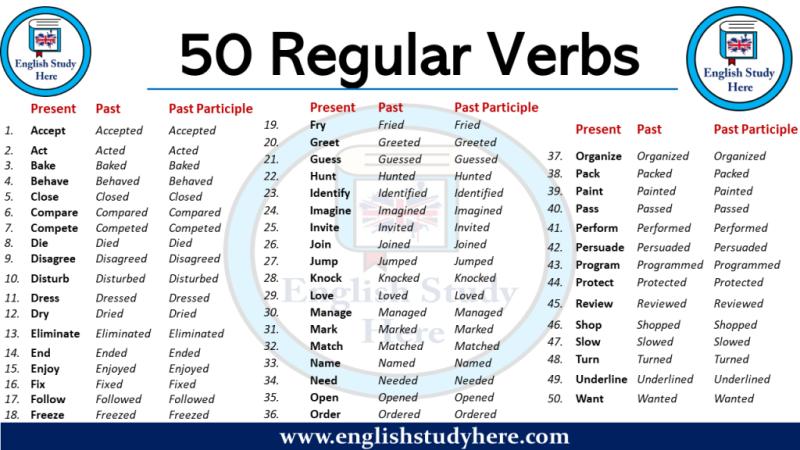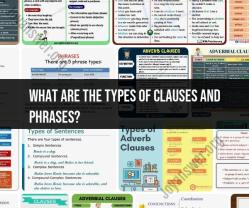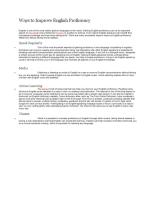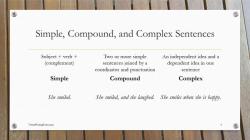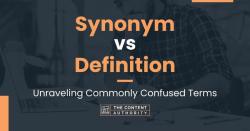What are the most common verbs?
Building a strong vocabulary involves learning a wide range of words, including common verbs. Here is a list of some of the most common verbs in the English language:
- Be
- Have
- Do
- Say
- Get
- Make
- Go
- Know
- Take
- See
- Come
- Think
- Look
- Want
- Give
- Use
- Find
- Tell
- Ask
- Work
- Need
- Feel
- Try
- Become
- Leave
- Put
- Mean
- Keep
- Let
- Begin
- Seem
- Help
- Talk
- Turn
- Start
- Show
- Hear
- Play
- Run
- Move
- Like
- Live
- Believe
- Hold
- Bring
- Happen
- Write
- Provide
- Stand
- Sit
These verbs are commonly used in various contexts and are a good starting point for building your vocabulary in English. However, it's important to note that there are many more verbs in the English language, each with its own nuances and meanings. Expanding your vocabulary beyond these common verbs will help you become a more proficient and expressive communicator.
- Most Commonly Used Verbs in English:
Verbs are the workhorses of English sentences, expressing actions, states of being, and occurrences. Here are the top 10 most commonly used verbs in English:
Be
Have
Do
Say
Get
Make
Go
Know
See
Come
Verbs as Action Words:
Verbs are the heart of sentences, conveying the main action or state of being. They bring sentences to life by depicting what's happening, what's been done, or what's about to happen.
For instance, in the sentence "The cat chased the mouse," the verb "chased" expresses the action of the cat pursuing the mouse. It's the action word that drives the sentence's meaning.
- Verb Categories and Classifications:
Verbs can be classified based on their grammatical function, usage, and characteristics. Here are some common categories:
Lexical Verbs: These verbs convey the main action or state of being in a sentence. For example, "walk," "sleep," and "think" are lexical verbs.
Auxiliary Verbs: These verbs help other verbs form tenses and negative constructions. Common auxiliary verbs include "be," "have," "do," "can," "may," and "should."
Transitive Verbs: These verbs require a direct object to complete their meaning. For example, "eat" requires an object like "apples" or "dinner."
Intransitive Verbs: These verbs don't require a direct object and express an action or state without an object. For example, "run" and "sleep" are intransitive verbs.
Linking Verbs: These verbs connect the subject to its complement, often a noun, adjective, or phrase. Common linking verbs include "be," "seem," "appear," and "become."
- Verb Conjugation and Tenses:
Verb conjugation involves changing the form of a verb to indicate tense, person, and number. Tenses express the time of the action or state, while person and number indicate who is performing the action.
For example, the verb "walk" can be conjugated in the present tense (first person singular): "I walk," past tense (third person singular): "He walked," and future tense (third person singular): "She will walk."
Examples of Sentences with Common Verbs:
The dog barked at the mailman. (Transitive verb)
I slept soundly through the night. (Intransitive verb)
She appeared nervous before the presentation. (Linking verb)
They have been living in New York for five years. (Auxiliary verb)
We can go for a walk if you'd like. (Modal verb)
I am studying for my English exam. (Present tense)
He wrote a letter to his grandmother yesterday. (Past tense)
She will be here by noon. (Future tense)
